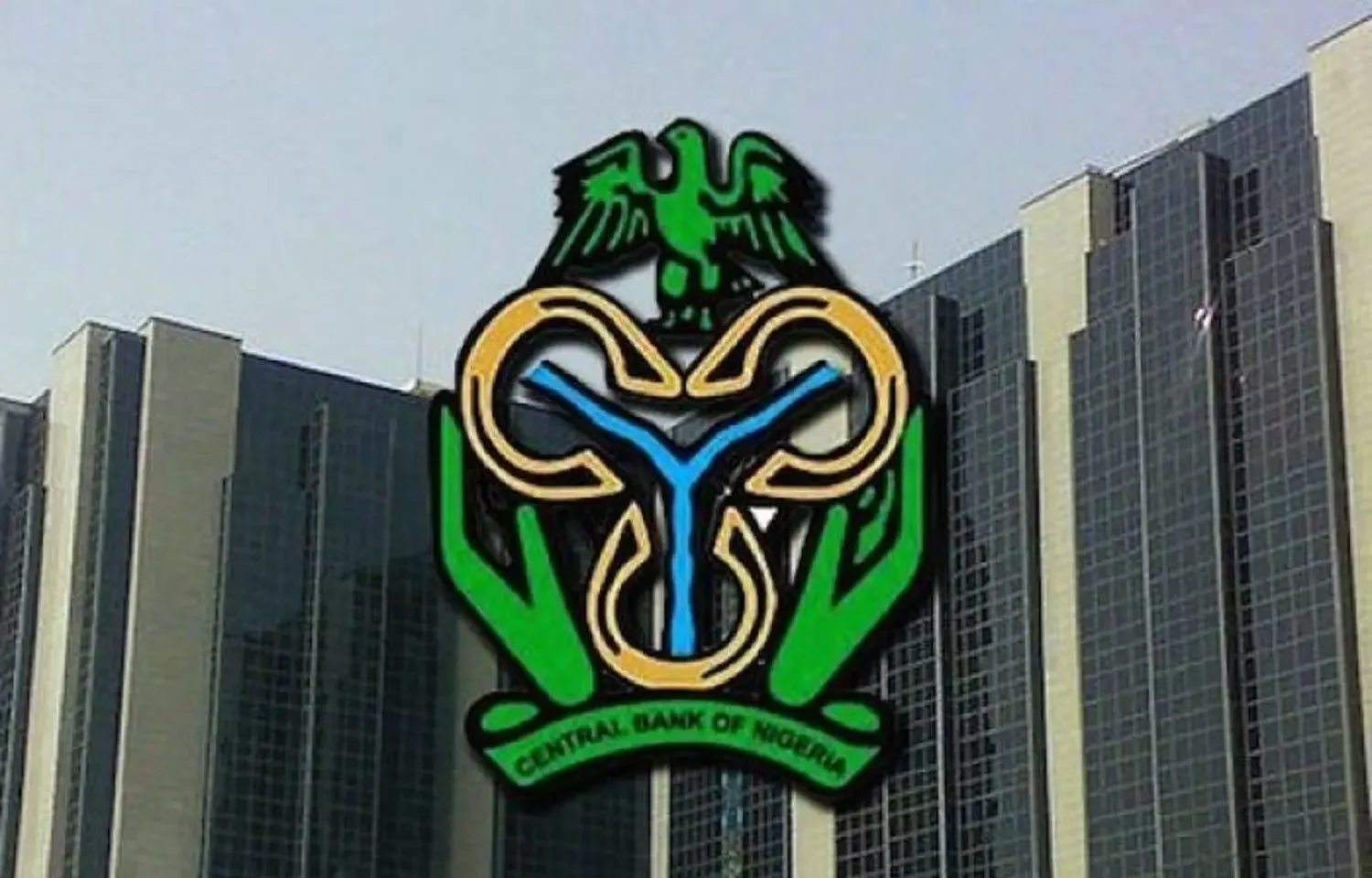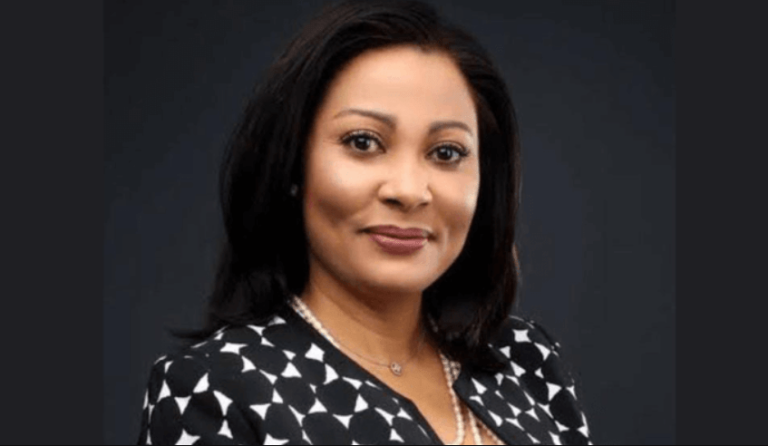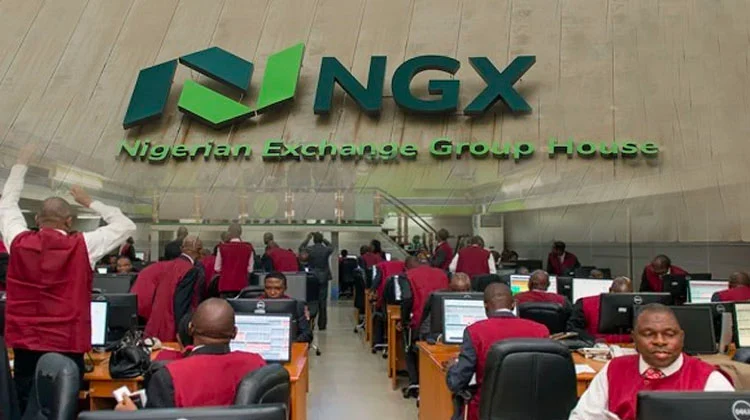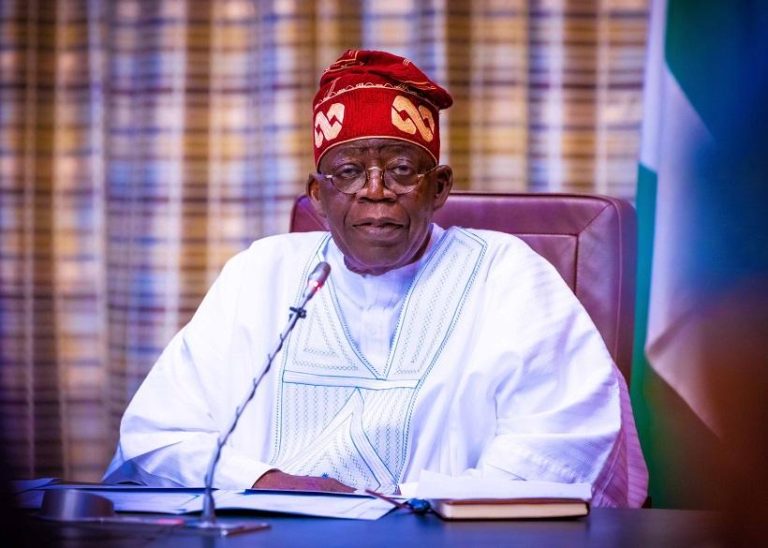
In a major shake-up of Nigeria’s financial markets, the Central Bank of Nigeria (CBN) has announced plans to assume direct control of the country’s fixed income trading and settlement infrastructure, a role currently managed by the FMDQ Group.
The change, set to be fully implemented by December 1, 2025, forms part of the CBN’s broader reforms to improve transparency, efficiency, and regulatory oversight in Nigeria’s financial system.
In a circular dated September 29, signed by Okey Umeano, Acting Director of the Financial Markets Department, the apex bank said it is repositioning the fixed income market as a critical driver for effective monetary policy transmission and sustainable economic growth.
“The Central Bank will now take full responsibility for managing the trading platform and handling end-to-end settlement of fixed income transactions,” the circular stated.
The CBN outlined a phased transition plan to prevent disruptions:
- October (2nd week): End-to-end testing of the CBN’s new settlement system.
- November 3, 2025: Full migration of settlement operations to the CBN platform.
- December 1, 2025: Activation of the new CBN-sponsored trading environment for primary dealers, market makers, PFAs, and other authorised participants.
The central bank said the initiative aims to: Improve market transparency, enhance operational efficiency and ensure regulatory visibility from trade execution to settlement.
By centralising oversight, the CBN hopes to streamline fixed income operations and create a more resilient market framework that aligns with international best practices.
CBN Seeks Industry Support
While acknowledging the role of the Financial Markets Dealers Association (FMDA) in shaping Nigeria’s financial architecture, the CBN urged full industry cooperation during the transition period.
“We are committed to implementing these changes in a carefully coordinated manner, ensuring minimal disruption to the market and safeguarding the interests of all participants,” the statement added.
The reforms are expected to redefine Nigeria’s fixed income landscape, reinforcing investor confidence and aligning the domestic financial markets with global benchmarks.



